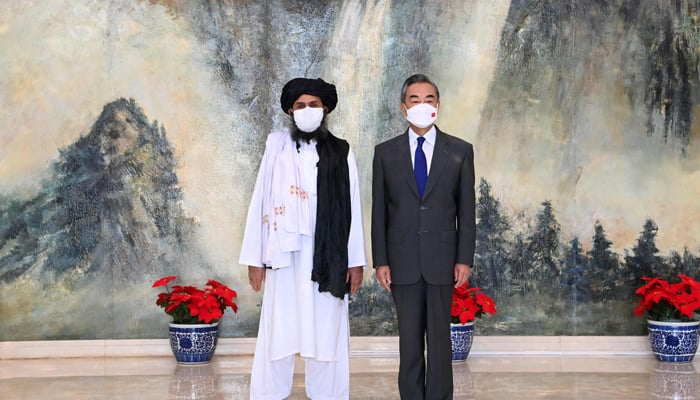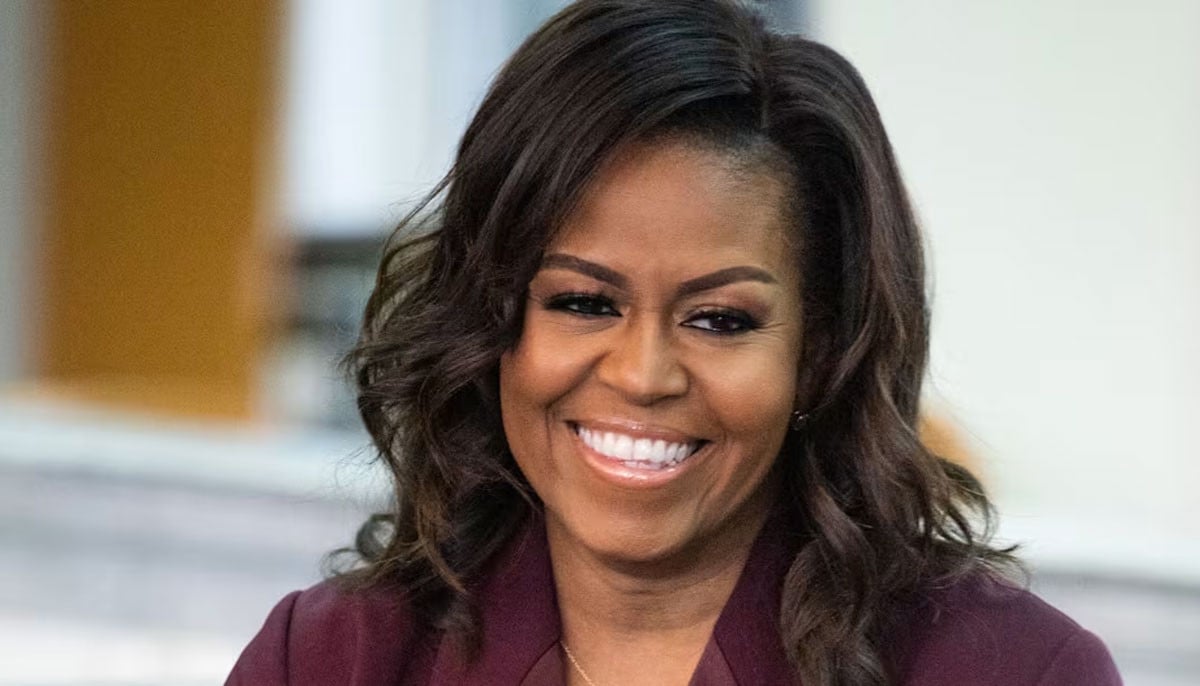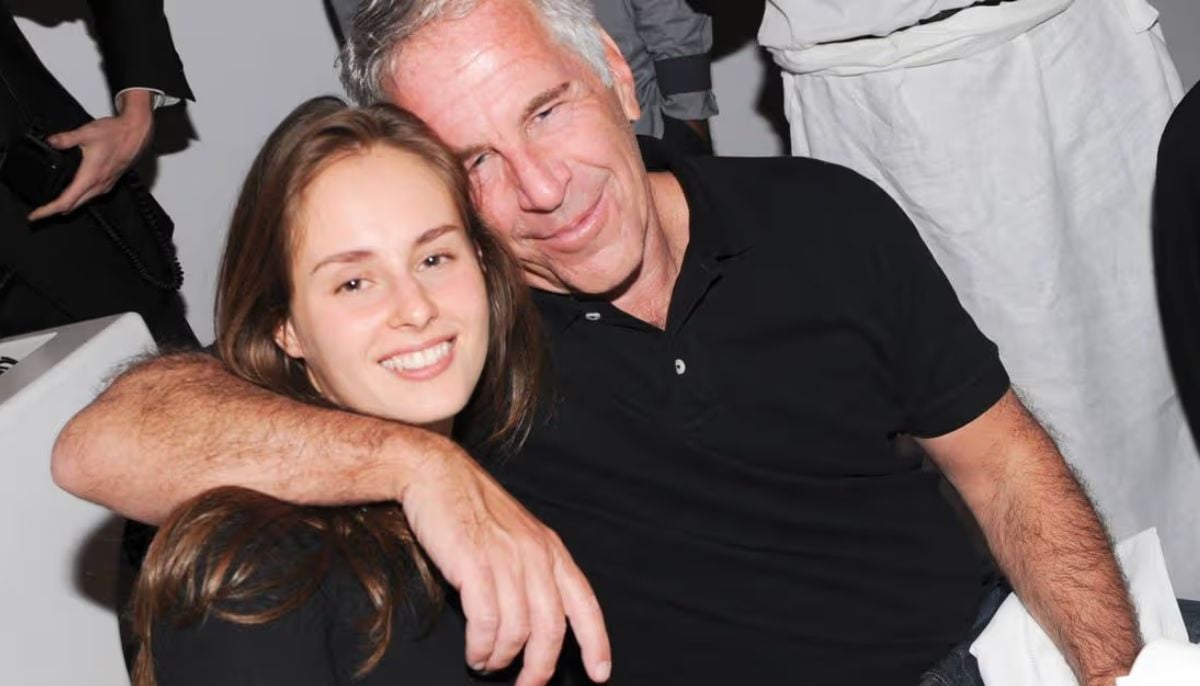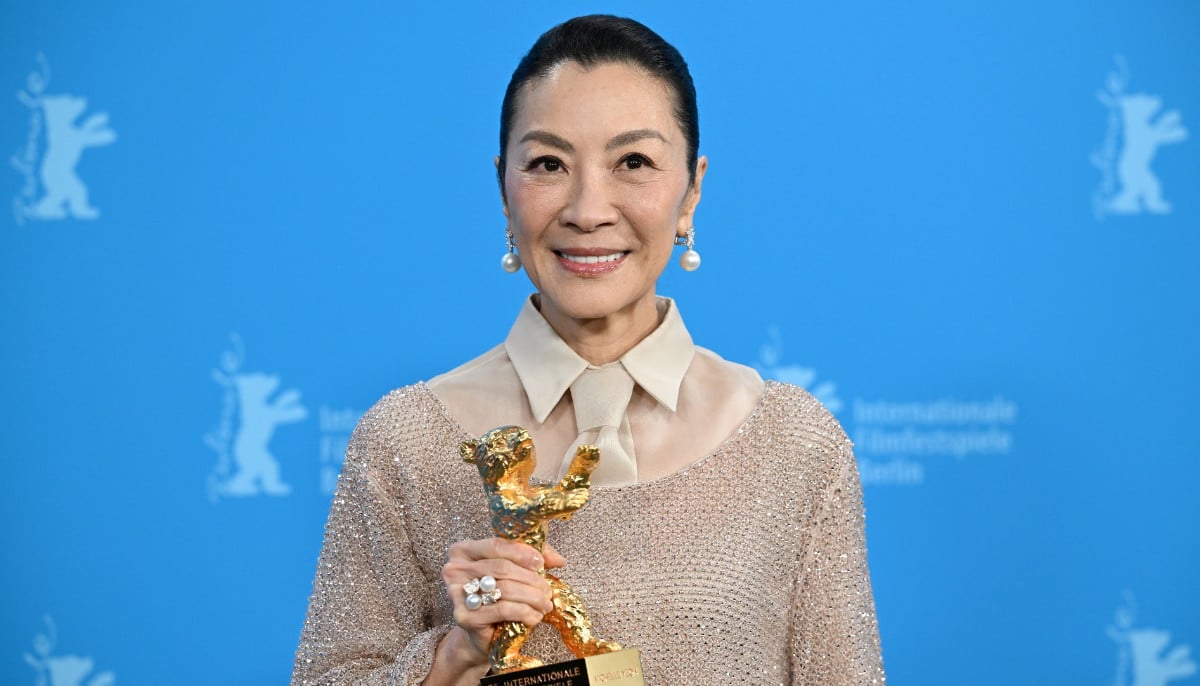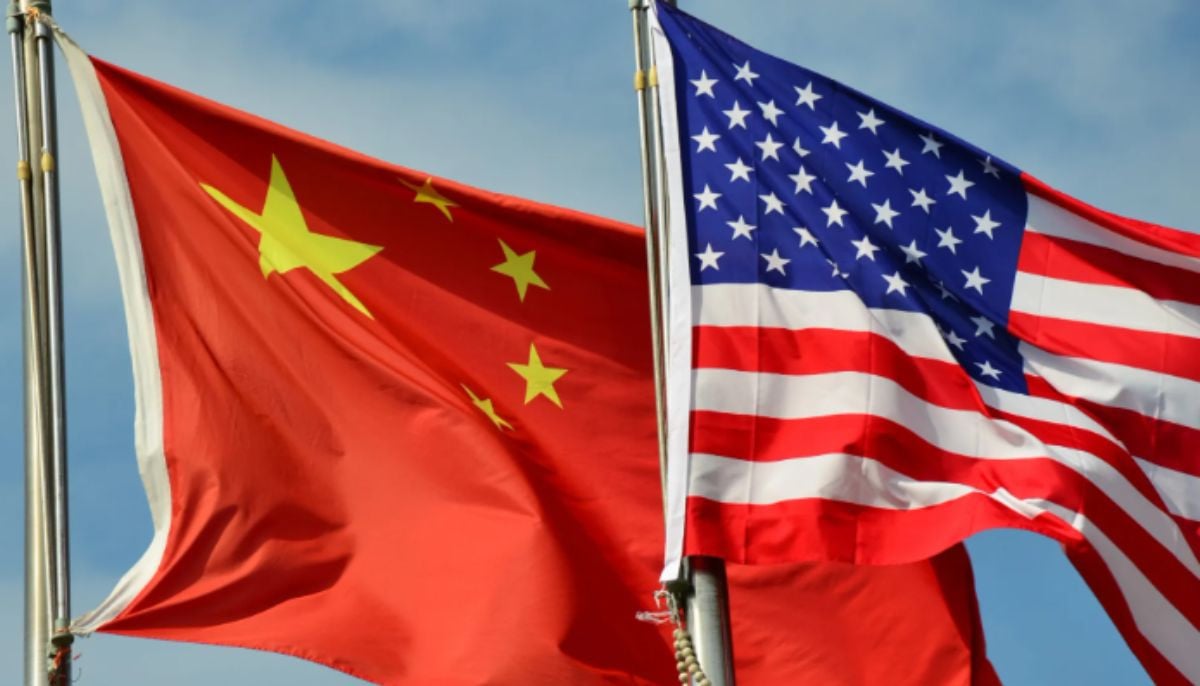Afghanistan will not be base for separatists: Taliban tell China
"The Islamic Emirate assured China that Afghanistan's soil would not be used against any country's security," Taliban say
A top-level Taliban delegation visiting China on Wednesday assured Beijing the group will not allow Afghanistan to be used as a base for plotting against another country.
The delegation is in China for talks with Beijing officials, as the Taliban continue a sweeping offensive across Afghanistan — including areas along their shared border.
Their frontier is just 76 kilometres (47 miles) long — and at a rugged high altitude without a road crossing — but Beijing fears Afghanistan could be used as a staging ground for Uyghur separatists in Xinjiang.
Taliban spokesman Mohammad Naeem told AFP those concerns were unfounded.
"The Islamic Emirate assured China that Afghanistan's soil would not be used against any country's security."
"They (China) promised not to interfere in Afghanistan's affairs, but instead help to solve problems and bring peace."
Beijing confirmed the thrust of the talks, which were led on the Chinese side by Foreign Minister Wang Yi.
But in Kabul Afghanistan's President Ashraf Ghani urged the international community "to review the narrative of the willingness of the Taliban and their supporters on embracing a political solution."
"In terms of scale, scope and timing, we are facing an invasion that is unprecedented in the last 30 years," he warned in a speech Wednesday.
"These are not the Taliban of the 20th century... but the manifestation of the nexus between transnational terrorist networks and transnational criminal organisations."
Analysts say China, whose stated foreign policy position is non-interference in other countries' issues, is queasy about the religiosity of the Taliban given their proximity to Muslim majority Xinjiang province.
"Wang Yi pointed out, the Afghan Taliban is a crucial military and political force in Afghanistan," Zhao Lijian, foreign ministry spokesman told reporters in Beijing.
"China has throughout adhered to non-interference in Afghanistan's internal affairs... Afghanistan belongs to the Afghan people," he said, in stark contrast to the "failure of US policy towards Afghanistan".
"Afghan people have an important opportunity to stabilise and develop their own country."
Sweeping gains
Taliban officials have cranked up their international diplomacy in recent months, seeking global recognition for when they hope to return to power.
They have made sweeping advances across Afghanistan since May, when US-led foreign forces began the last stage of a withdrawal due to be completed next month.
Beijing hosted a Taliban delegation in 2019, but back-door links with the group existed before, through Pakistan.
Communist Party leaders in Beijing and the fundamentalist Taliban have little ideological common ground, but experts feel shared pragmatism could see mutual self-interest trump sensitive differences.
For Beijing, a stable and cooperative administration in Kabul would pave the way for an expansion of its Belt and Road Initiative into Afghanistan and through the Central Asian republics.
The Taliban, meanwhile, would consider China a crucial source of investment and economic support.
"By getting the Chinese on their side, the Chinese would be able to provide them with diplomatic cover at the Security Council," Australia-based Afghanistan expert Nishank Motwani told AFP.
"It is important to note... when other countries open up their doors and engage with the Taliban it undercuts the legitimacy of the Afghan government and presents the Taliban almost as a government in waiting."
The Taliban's campaign has so far seen them capture scores of districts, border crossings and encircle several provincial capitals.
Government forces have abandoned some rural districts without a fight, but are digging in to defend provincial capitals even as the Taliban tighten a noose around the cities.
Rights groups have accused the group of committing atrocities in territories under their control, including in the border town of Spin Boldak, where Afghan officials accuse Taliban fighters of killing around 100 civilians.
The nine-member Taliban team in China is led by Mullah Abdul Ghani Baradar, co-founder of the movement.
-
Hailey Bieber reveals KEY to balancing motherhood with career
-
Hillary Clinton's Munich train video sparks conspiracy theories
-
Woman jailed over false 'crime in space' claim against NASA astronaut
-
Columbia university sacks staff over Epstein partner's ‘backdoor’ admission
-
Ohio daycare worker 'stole $150k in payroll scam', nearly bankrupting nursery
-
Michelle Yeoh gets honest about 'struggle' of Asian representation in Hollywood
-
US, China held anti-narcotics, intelligence meeting: State media reports
-
Goldman Sachs’ top lawyer resigns over Epstein connections
